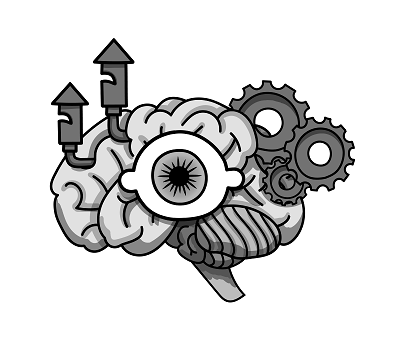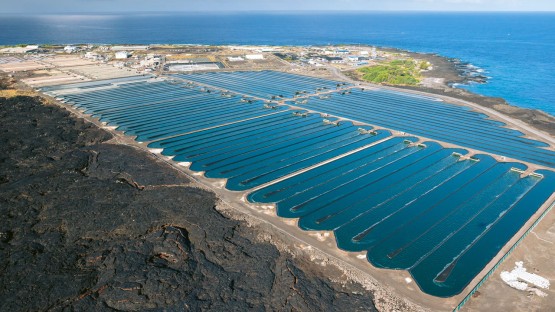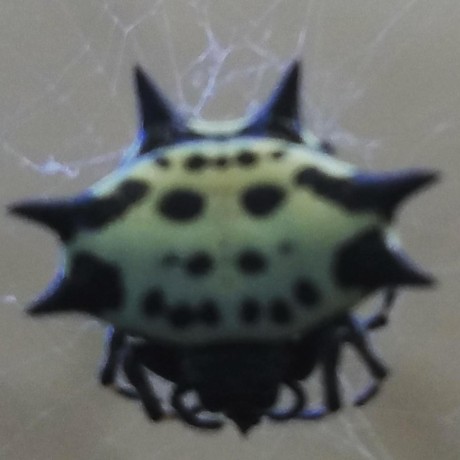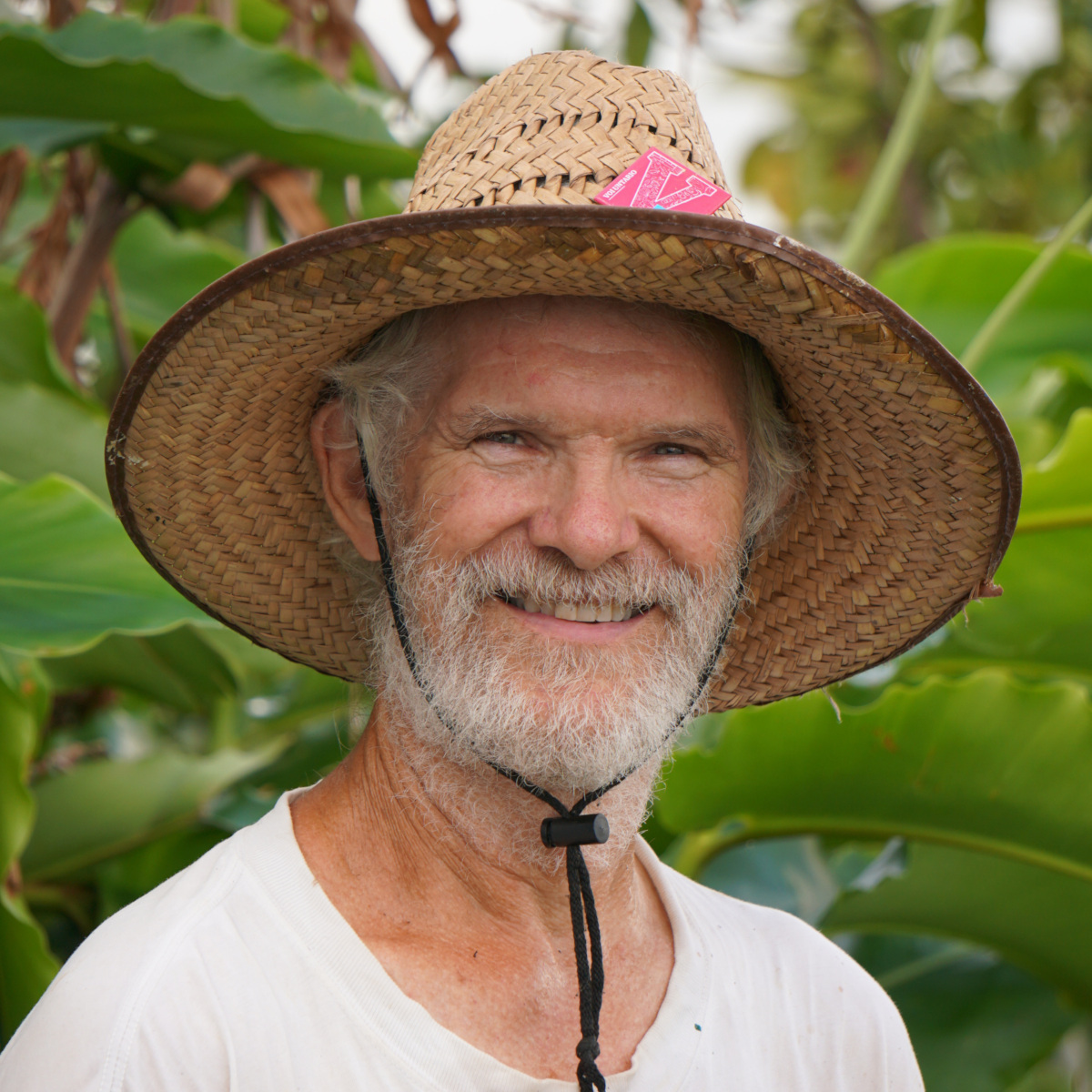I’d be down for some algae burgers if it helps the planet 🌿🍔
I dont want to devolve into quoting like on reddit, but this article kept reminding me of the Simpsons.
“Thats what he was eating! Slime! And theres enough slime for all!”
replace the meat and dairy industry with b e a n s
Tofu never started a pandemic!
b e a n s
I already eat a lot of algae but the packaging always has warnings that algae are very high in iodine. You usually can only safely consume a gram or so per day. Strange that they didn’t address this in the article…
How do you eat it? I’m just learning about the world of eating algae now–outside of seaweed, that is (which I also just learned is algae and not just some underwater plant lol).
Well, I’ve been vegan for >11 years and love Korean & Japanese food that’s why I eat it. Usually with rice, i.e. roasted seaweed like Nori leaves or already in stripes. Or as sushi. Also in soup like misoshiru where you usually have the stock from specific algae and you can even put wakame seaweed in it. With sushi you can often also get a wakame salad, which is really tasty, too.
But usually I just cook rice (or use leftovers) and mix it with sesame seeds, sesame oil, soy sauce and some form of seaweed (usually I get a seasoned package of roasted seaweed with added flavors, but nori leaves work great as well). All in all this is a great staple food because you can store everything for longer periods of time and it is easy to make.
Hope this helps!
The potential is great but I think it’s better to rethink our current choices and be more conscious with the food that we now have. If we lessen our consumption of animal meat then we can focus on feeding supposed animal feed crops to humans. The use of land and water would be less alongside lower carbon emissions.
This is the way.
We have solutions, or at least ways we could drastically improve things, but I guess folks would rather accept that they’ll be left with algae patties in the future rather than working to limit their animal consumption today. I don’t get it.
Who said it has to be one or the other? We can pursue these new methods for tomorrow while simultaneously cutting down on animal products today.
These two things are not mutually exclusive.
But animal meat is tasty 😣. Maybe plant based alternatives or lab grown meat will fill that gap and we can start using the farmland more efficiently
I get you and that’s why most environmentalists encourage people to go flexitarian instead of fully plant-based. Eating less animal products are no doubt better than doing nothing at all.
I committed to Veganism because it aligns with my personal ethics and so far, the mock meats have been doing great! Even when I was still living in a third world country outside US, I had access to delicious foods.
Humans need some meat in their ration, and lab grown replacements etc are now too expensive for most of the planet.
However, “some” doesn’t mean a burger or two every day, so yes, there’s space for improvement. Meat is really expensive in terms of carbon emissions.
Frankly I’m not sure how one would notably reduce emissions of anything without actual control (like by force) over most of the world, where green stuff is less relevant than hunger and illiteracy.
But maybe it’s best that USA and EU and similar developed countries don’t have that control. I mean, green energy etc sometimes seem more important than actual lives being saved for many.
I think that as soon as green alternatives are tastier and cheaper than the alternative, they will become more popular, like how solar panels are popular now that they are cheaper than coal power
Well, yes, this requires production of similar scale at every stage of the chain. With animals it’s animal food, drugs, various machinery in production, etc, which also cost less due to scale on which they are produced.
Green alternatives in this case have a potential to be honestly (without subsidies or anything) cheaper in the end.
No, humans do not need meat. This is plain false! You can greatly decrease emissions by cutting out animal consumption and the FAO has been pleading for a global plant based diet for ages…
How much more expensive would such a diet be? Some plant-based foods can cost a lot depending on place and logistics.
That’s the question, and it’s an important one - it’s the same reason as why, say, WWW which started decentralized has become what it is now for most people. People do what’s easier and cheaper for them.
I’m not calling people “soy boys”, but people for whom you have to make such a diet not even plausible, but cheaper or as cheap as the existing ones, do not live in developed countries. Talk about the environment is not worth anything else for them.
I think you are confusing something. Sure, the vegan diet in rich countries is pretty expensive because it is specialized and produced in comparatively tiny quantities. Meanwhile, in the same countries the meat & dairy industry is heavily subsidised and can produce much cheaper. So cheap in fact, that there are incredibly high numbers of milk farmers committing suicide (e.g. see France).
However, look at poorer countries and you see that the cheapest is actually plant based food and meat is actually a luxury. This will additionally lead to more problems because these poorer countries are starting to consume more and more meat because they catch up to the richer countries.
In general, what is expensive and not is often determined by economy, production capacities etc. But if you compare plants vs meats, keeping animals is nearly always inefficient because they use roughly about 80-95% of the invested energy for respiration and their metabolism. Eating the plants directly would cut out the middle man (middle animal if you will). Btw the vast majority of soy, wheat and corn is for animal agriculture, and not for direct human consumption or for biofuels.
But you are definitely correct about vegan food as it is produced in rich countries is not the way to go. But you could say the same for pretty much anything we consume over here. Scaled up to global dimensions, it would be simply impossible for everyone in the world to eat the same amount of meat and dairy as in the US. There is just not enough available land on our planet.
I agree with this.
My point was that the way “first world” eats isn’t scalable, be it the old way or the vegan way, which you said too.
After reading the article I’m thinking of trying to grow some. Anyone have experience with it and also on how it tastes? 😁
I watched some youtube videos about people growing spirulina in backyard pools. They tell all about how to do it. One guy says normally he would dry it to powder and add it to “regular” foods. But he sometimes just eats it as-collected. It has no taste, or sometimes a faintly “fishy” taste
Thanks! I found some of the videos online however I am not brave enough to eat spirulina from my backyard pond. I might feed it to chickens or in cattle feed though.
whatever does not kill us, makes us stronger? LOL I think it might be OK if you rinse it very thoroughly - in a way it might be like beer-brewing. In olden times, the quality of water was not easy to assess - it might make you sick. But beer, if it tastes good, is proof that conditions have been achieved for fermentation and therefore, bacteria could not be present in significant numbers (else the beer would sour!). Maybe a healthy spirulina population in a pond is like that? I suspect it is true, but I have been unable to develop a spirulina culture so far (and partly from lack of serious effort).
I’m far more concerned with pesticide run off from nearby farms and heavy metal contamination. Otherwise I am sure it will mostly be okay.
Can’t we do this in vertical farms, industrially, and not only take no more land from nature, but give land back. The more land we can return to nature the better.
Vertical farming is not sustainable with our current power options, we need every wh to replace fossil right now, we can’t add the energy needs of farming to the equation
It won’t be tomorrow, but I think it will happen. It could start in regions baking in too much solar.
I’m always hoping fusion will do a major leap… I’ve been waiting for a while… but you’re right, there are niches, like places where nothing grows, where water is in short supply, etc.
From what I understand vertical farming really only works out economically for high value crops. Using artificial light instead of the sun takes a lot of energy, and tall buildings are expensive and require maintenance. Algae tanks would also be SUPER heavy, which is a whole other problem.
It’s not ready, yet. But it could get started in places baking in too much solar.
Buildings are still SUPER expensive, both up front and in an ongoing way. Personally I think it’s a bit misguided to promote vertical farms when we are currently wasting so much space to create e.g. parking lots, or to grow corn to burn in cars.
Tall buildings are good for housing people though.
Use old mines and go down. 😃 But yes, there are other land wastes we can go for right now.
Anyone here read Artemis by Andy Weir? Yeah…
I have it’s a great book!
I feel like this kinda thing is a bit of a trope in sci-fi and cyberpunk, where one staple crop is used to cheaply feed a large number of people. In some works the staple crop is algae, in some it’s soy, etc. Arguably, in the real world US it’s corn.














